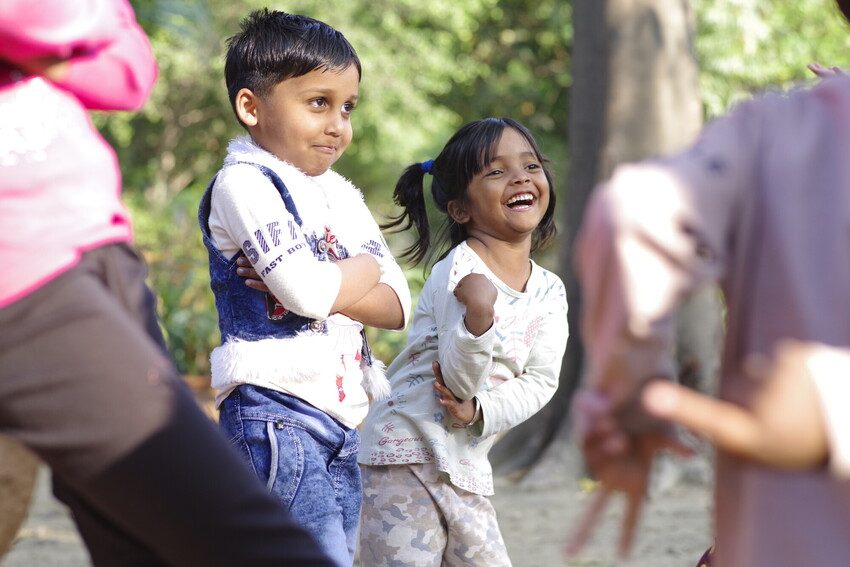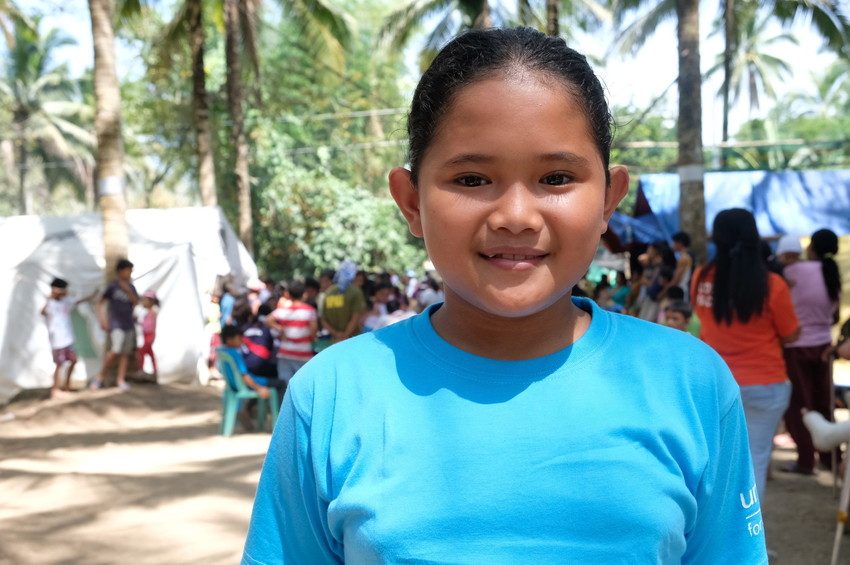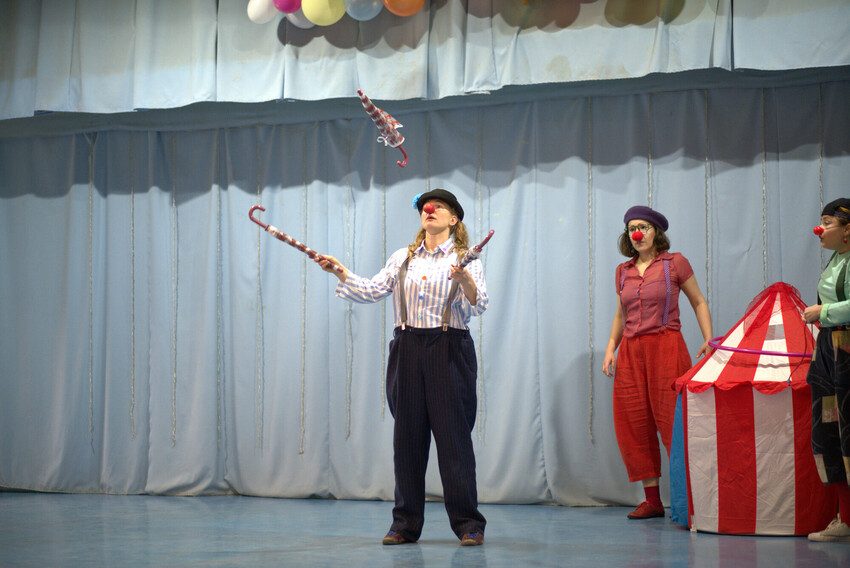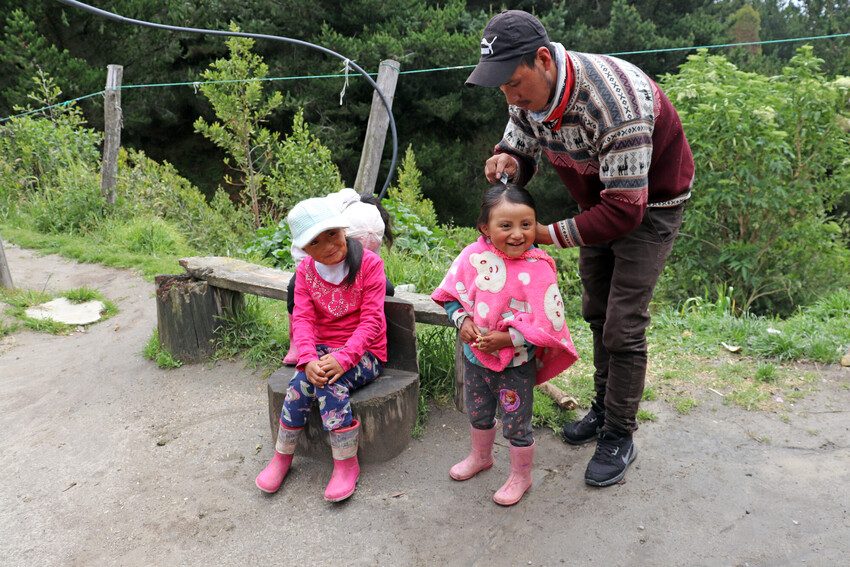How play can advance gender equality
11 June 2024On the inaugural International Day of Play on 11 June, our projects from around the world show how play unlocks children’s potential and can advance gender equality.

Play is essential for children and young people all around the world, no matter where they live. Play is a right that all children have, protected by the UN Convention on the Rights of the Child. Play is how children learn, form friendships, develop life skills, heal after experiencing trauma or stress, and find out how to care for others and the world around them.
Play is essential for advancing gender equality
Around the world, conflict, climate change, poverty, lack of safe spaces and time to play and a perception by adults (parents, caregivers, teachers, policy makers) that play is not important means that many children don’t experience the power and wonder of play, or quality play opportunities.
For girls, gender also impacts their opportunity to play. Many girls have domestic chores and responsibilities to care for younger siblings. They may be pulled out of school when economic shocks impact the income of families. They may be kept indoors because their parents fear for their safety. They may be married off as children. All of these factors mean that many girls lack time to play.
Additionally, play has the potential to further entrench traditional gender roles and stereotypes for both girls and boys. When girls and boys are encouraged to play with different toys or games and not others, to play in different ways, or to play separately, this teaches them lessons about gender – how they should be, what they should do, and what they will grow up to become in the future, depending on whether they are a girl or a boy. This is why it is important that all children have free choice to play with a variety of toys and games, regardless of gender. This way, all girls and boys can equally develop the skills and aptitudes they need for school and for life.
Plan International supports learning through play and play-based approaches through our work around the world, in all contexts. This includes support for play in child-friendly spaces during emergencies, in community based early learning programmes and playgroups, in parenting, education, teacher training and primary schools.
Child-friendly spaces in emergencies
When a series of earthquakes struck the province of Cotabato on the island of Mindanao in the Philippines last October, around 175,000 children and youth were affected by the violent tremors that damaged or destroyed over 38,000 houses forcing families to find refuge in evacuation centres or erect makeshift shelters outside their ruined houses.
To provide children displaced by the earthquakes with a safe environment where they can play, learn and socialise, Plan International set up child-friendly spaces in the evacuation camps. These spaces helped children return to a normal routine by offering activities, games and informal education.

When the earthquake hit, 12-year-old Dolly saw the ground open up and swallow her house whole.
At the child-friendly space in the camp, Plan International provided psychosocial support services for children affected by the earthquake. Through structured play and activities, children were helped to process their thoughts and emotions.
The sessions helped Dolly feel much calmer and put her on the road to recovery. “To cooperate with the group and to help each other out, I also learned first-aid skills and I was able to help a classmate who had a loose tooth.”
Dolly now hopes that she will be able to continue her studies, become a doctor and support her family.
Clowns Without Borders
Elin Janzon from Sweden travels the length and breadth of Moldova to perform as a clown for Ukrainian and Moldovan children, together with three of her clown friends. Their aim is to help children deal with the emotional distress of leaving their homes and lives in Ukraine.

Elin hopes that their performances can help to soothe some of the harsh experiences that many children from Ukraine have experienced.
“When the kids see our show, they can be right there and just laugh and enjoy it without thinking about all the ugliness they might have experienced,” says Elin.
“I liked that the clowns told us to be nice to each other. When Elin’s trousers fell off, the other clowns didn’t laugh. They tried to help her,” 11-year-old Artiom from Moldova said.
Clowns Without Borders sends clowns into war and conflict zones to provide critical emotional first aid through laughter and play, by delivering performances, providing workshops, and training local clowns.
In the Plan-funded Project Laughter, play experts from Clowns without Borders train Plan International’s partner staff and volunteers in the use of creative methods when working with children and adolescents. During creative workshops they teach staff how to use games and creative exercises in a way that’s best suited to children who have witnessed things no child should ever see.
To support these workshops, Plan International and Clowns Without Borders have collaborated to develop the Laughter and Play Manual which includes 30+ games and creative exercises for adolescents between the ages of 10 and 19 years, who are living in emergency and protracted crisis settings.
Creative play does not only support the emotional healing of war-affected adolescents; the activities can also be used to explore and challenge assumed gender roles in a playful and participatory way. The Laughter and Play manual is being used in over 15 countries globally, and in some humanitarian settings, the creative play sessions have allowed girls to participate for the first time ever in an activity organised in their community.
The importance of fathers joining in with play
In Ecuador, fathers are taking on an active role in parenting after joining a series of workshops run by Plan International to learn positive parenting skills. The courses are based on practical techniques and aim to improve communication and build healthy family relationships. One of the best ways for fathers to connect with their daughters is through play.

Fabián, father of three girls under the age of ten, says that the workshops have given him valuable guidance on how he can best support his daughters. “The most important thing for me was realising that I can directly influence my daughters. I want to be a father who supports and commits to parenting, so that they continue to grow in a safe environment and believe in their dreams. That’s why I play with them.”
Men’s engagement in their children’s play must be promoted and supported. Their involvement in child development is beneficial for children, women and men themselves.
Gender-responsive and transformative play supports children to grow up free of limiting gender attitudes and expectations, and models positive masculinities.
“My daughters like to play with their dolls, create new hairstyles for them, bathe them and make them little clothes, and I play with them,” says Fabián.



